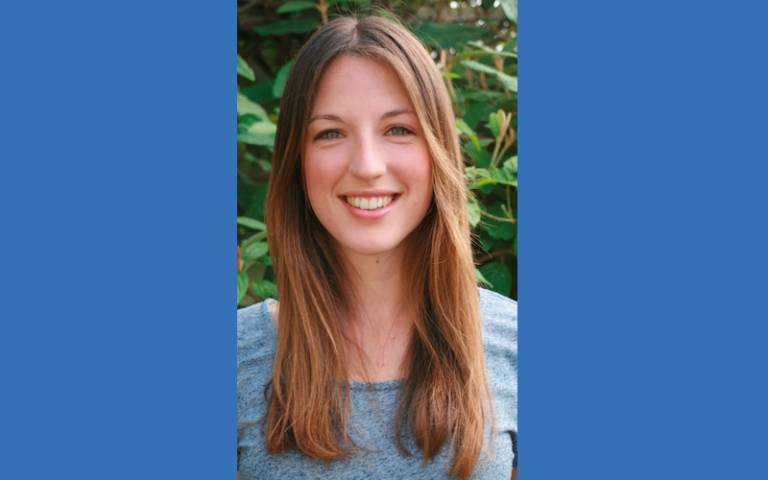Spotlight on Alison Fairbrass
24 February 2023
Find out more about the work of Alison Fairbrass, UCL Institute for Sustainable Resources Research Fellow in Natural Capital Marine and Coastal Ecosystems.

What is the nature of your research work and why do you do it?
Biodiversity has tended to be the underdog in the world of sustainability, overshadowed by carbon, water, and waste. But not anymore! Thanks to shows like BBC Blue Planet, public awareness of the importance of biodiversity and the looming sixth global extinction has significantly increased over recent years. At the same time, governments and companies are setting ever more ambitious targets for halting biodiversity decline.
I'm interested in ensuring that actions taken to halt biodiversity loss are meaningful and that progress toward meeting biodiversity targets can be measured and reported. Otherwise, there is too much risk that the steps that governments and companies take to halt biodiversity decline don't do what is needed for nature to recover. I am fascinated by the nitty-gritty of rigorously measuring biodiversity at meaningful scales for decision-making.
My proudest example is the 'Shazam for Bats' at London's Olympic Park, which uses autonomous sensors and artificial intelligence (AI) algorithms to monitor urban wildlife. I'm also passionate about connecting biodiversity with people and the economy. Humans derive so much from nature, enabling us to live healthy and comfortable lives. So I am encouraged by the paradigm-shifting approach DEFRA is taking to environmental policy-making, using the concept of natural capital to break down silos within government and support decision-making that views nature, humans, and the economy as interconnected.
The COP15 event was ground-breaking in the agreement by countries to adopt a rigorous monitoring framework to track and report progress on international biodiversity targets and goals. At the same event, business showed up in force for the first time at a biodiversity COP, expressing corporate commitment to halting biodiversity decline. I am excited to see how government and corporate ambitions translate into meaningful actions at this crucial time in the world.
Links:
- To learn more about Alison, go here.
- To read Alison's blog about her time in DEFRA, go here.
- To read the research paper connected to 'Shazam for Bats', go here.
Image credit: Alison Fairbrass
 Close
Close

